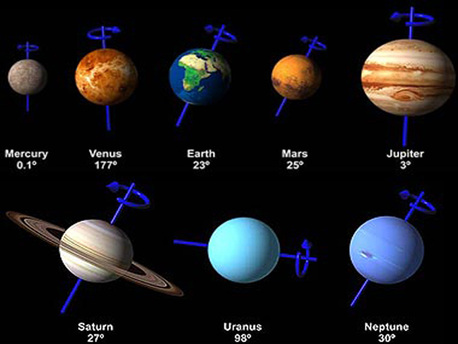Overview
Iahu, also known as «Exalted Dove,» is a significant figure in Sumerian mythology. She is often associated with the concept of creation and is sometimes linked to the Hebrew name YHWH (Yahweh). The name Iahu is derived from the Sumerian language and translates to «Exalted Dove.» This association suggests a deeper, more ancient origin for the name and concept of YHWH, which is central to Hebrew and later monotheistic traditions.
Historical Context
Iahu is primarily known from Sumerian texts and traditions, which date back to the early Bronze Age. The Sumerians, one of the earliest known civilizations, inhabited the region of Mesopotamia, which is now part of modern-day Iraq. Their rich mythology and religious practices have been preserved through various inscriptions and texts, providing valuable insights into the role of Iahu in their pantheon.
Mythological Significance
In Sumerian mythology, Iahu is often associated with the goddess Inanna, who is the goddess of love, war, and fertility. However, Iahu is distinct in her role as a symbol of creation and the divine feminine. The name «Exalted Dove» suggests a connection to purity, peace, and the nurturing aspects of the divine. This dovetailing of attributes is evident in various mythological narratives and symbols.
Connection to YHWH
One of the most intriguing aspects of Iahu is her potential connection to the Hebrew name YHWH. According to some scholars, the name YHWH (Yahweh) may have roots in the Sumerian name Iahu. This theory is supported by the linguistic similarity and the shared themes of creation and divine power. The Hebrew letters reveal a deeper mystery, suggesting that the pagan Sumerian Goddess-Name Iahu is the origin of the God-Name YHWH, whose name means «bring into being.»
Symbolism and Worship
Iahu is often depicted as a dove, a symbol of peace and purity. This imagery is consistent with her role as a goddess of creation and the divine feminine. The dove is also a significant symbol in other ancient cultures, including Greek and Roman mythology, where it is associated with goddesses like Aphrodite and Venus.
Cultural Impact
The influence of Iahu extends beyond Sumerian culture. Her name and attributes have been adopted and adapted in various forms across different civilizations. For example, in ancient Egypt, the name Iahu was sometimes used as a title for the goddess Isis, further highlighting the widespread reverence for the divine feminine in ancient cultures.
Modern Interpretations
In contemporary discussions and scholarly works, Iahu is often explored in the context of feminist theology and the study of ancient goddess traditions. Her role as a precursor to later monotheistic concepts is a subject of ongoing debate and research. Some modern interpretations emphasize the importance of recognizing and reclaiming the divine feminine in religious and spiritual practices.
Summary Table
| Aspect | Details |
|---|---|
| Name | Iahu, «Exalted Dove» |
| Origin | Sumerian mythology, early Bronze Age |
| Role | Goddess of creation, divine feminine |
| Symbols | Dove, symbol of peace and purity |
| Associated Deities | Inanna (Sumerian), Isis (Egyptian) |
| Connection to YHWH | Potential linguistic and conceptual roots in the name YHWH (Yahweh) |
| Cultural Impact | Adopted and adapted in various ancient cultures, including Egypt |
| Modern Interpretations | Subject of feminist theology and studies of ancient goddess traditions |
This comprehensive overview of Iahu highlights her significance in Sumerian mythology and her potential influence on later religious traditions.

